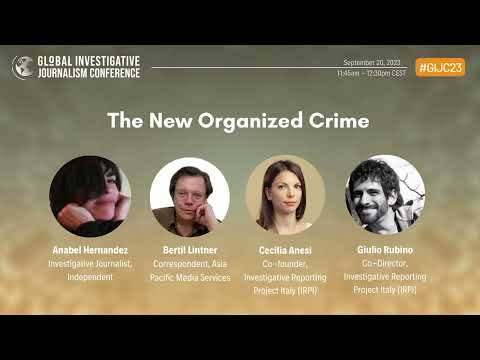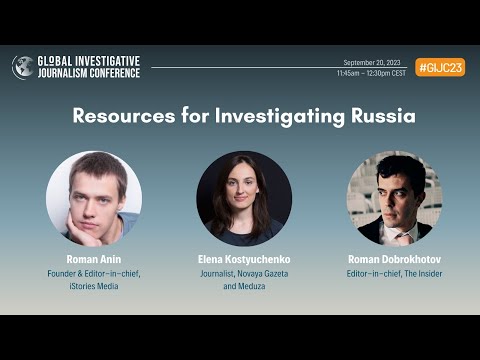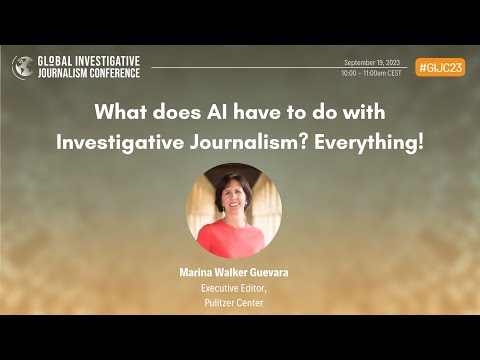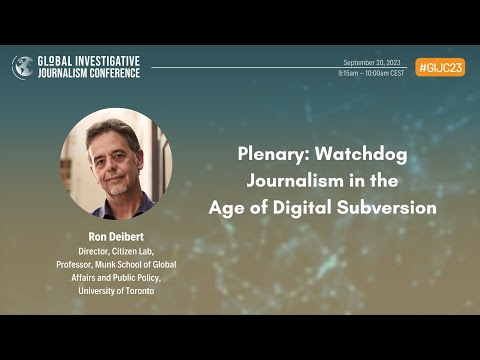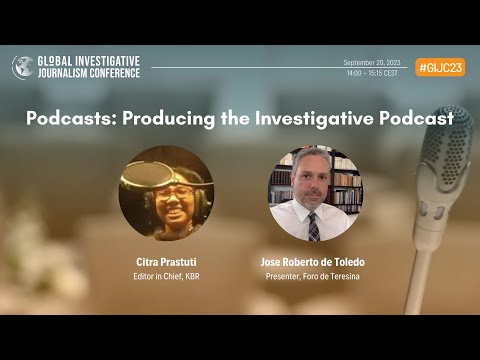Resource Video
GIJC23 – Basic Principles for Mapping Data Using QGIS
This hands-on class will deepen your reporting skills by using QGIS, a free, popular mapping program. More than pretty pictures, mapping programs help you uncover stories and discover important patterns. Crime, health, and environment are just some beats that benefit by knowing mapping skills. In this class you will get familiar with using QGIS and start doing fundamental analysis using real-life data.

